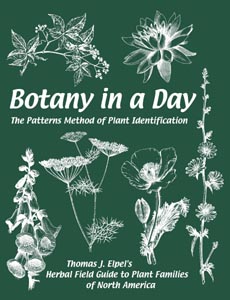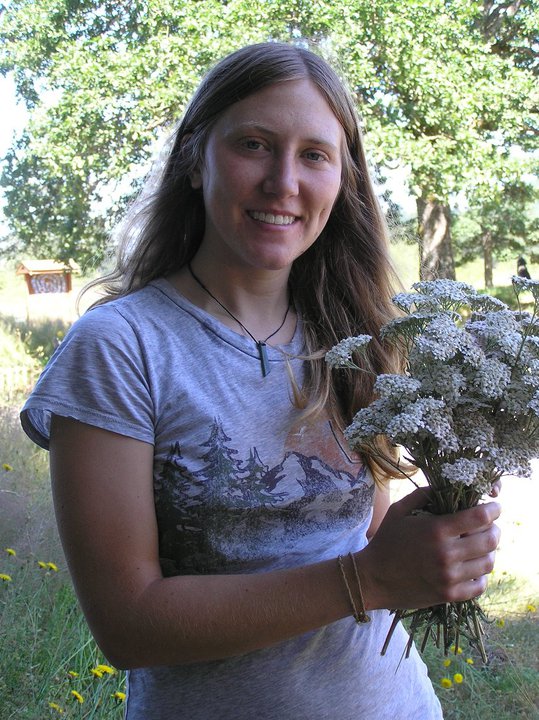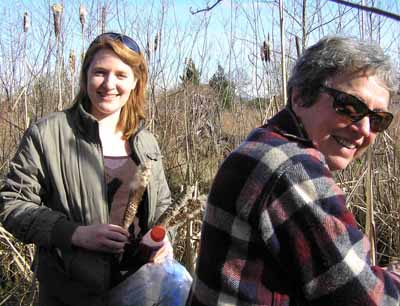Program Goals & Skills
Specialty Skills Learned
• Naturalist Sketching & Journaling (using sit spots, drawing instruction, quick journaling strategies)
• Backpacking & Camping
• Artisanry Craftwork
• Writing & Journaling; Photography & Recording; Sketching & Drawing
Knowledge Acquired
• Wildlife Study (in-the-field biology classes, sit-spot sensory awareness exercises, etc)
• Bioregional Ecosystems (old growth temperate rainforest, glaciated alpine meadow, intertidal and estuary, river and lake, wetland and bog, desert and sagebrush steppe, mixed pine and subalpine forest)
• Time Outdoors (especially growing up playing in the woods, deserts, or beaches around your home; harvesting fruits and vegetables, fish and animals both domestic and wild, as a youth; plus taking adventures on the mountains, prairies, and waterways of this beautiful earth as a young adult)
• Political Environmentalism (left and right wing strategies, legislative and artistic strategies)
• Health & Organizational Strategies (western lineal and medicine wheel use for self, lessons, projects)
• Medicinal Herb Collection & Preservation (drawing from knowledge of area herbalists)
• Preventative Health & Herbal Spas (from daily health routines, to our special spa treatments)
• Organic & Biodynamic Gardening
• Farm Animal Care & Cultivation
• Wild Edible Foraging & Preparation (Herbs, Nuts, Roots, Flowers, Fruits, Insects)
• Natural Cooking & Food Storage (pit cook, clay oven, ash cakes, smoking, jerkying, pemmican)
• Various Basketry Projects (one of our specialties), woodwork, and other pioneer crafts.
• Natural Selection Forestry (chopping and chainsawing, wood splitting and moving)
• Land Mapping & Water Navigation (orienteering with and without modern aids)
• Pioneer Style Shelters, plus Emergency Shelter & Primitive Shelter.
• Clay Harvesting, Molding & Firing.
• Canoeing, Sailing and Kayaking.
• Parfleching (carrying cases, drum making).
• Bent cedar boxes and other important bioregional crafts.
Additional Earth Skills Learned:
• Wet Fire Maintenance & Fire by Friction
• Natural Water Purification (seeps, filters, rock boiling, and locating natural springs)
• Bioregional Ecosystems (old growth temperate rainforest, glaciated alpine meadow, intertidal and estuary, river and lake, wetland and bog, desert and sagebrush steppe, mixed pine and subalpine forest)
• Music and the Arts (flute making, drumming, songwriting, poetry, clay sculpting, natural paints, singing and pianos/guitars on hand)
The mission of this semester apprenticeship is for you to develop a self-sufficient lifestyle within modern society. For example, you will find that the plant world may become your conduit for health and healing. Whether you simply process herbs for personal and family use, or if you someday open an herbal dispensary or healing practice, we hope that caretaking wild herbs and cultivating garden plants will become a lifestyle for all graduates.
At its core, this program offers you space to become self-sufficient through experience. Self-directed cultivation of gardens and hands-on caretaking of wild-land flora will be supplemented by class lectures and our library resources. And in the end, we hope that your development of a personal medicine wheel of health, guided by permaculture principles, the values of earth skills, and your own spiritual study, we hope that each participant becomes a person to whom anyone could turn for advice in the healing arts.
Herbal Aspect:
To us, being an herbalist means being the person in a community to whom everyone can come for guidance as well as healing. To heal means preventing ailments, so an herbalist must know what tonics should be included in community meals. And to treat ailments, an herbalist must know how to deal with crises, build fire to heat water and lift spirits, then apply herbs and other remedies to cure a situation. The herbalist also makes sure that the community is caretaking its land in the most sustainable way possible, and s/he maintains a vision of peace for community action.
To realize these ideals, you will need to begin to practice an herbalist's lifestyle, based on the rhythms of your micro-climate and bio-region, as well as on the rhythms of the individuals around you. You will help develop a wall-size community calendar to document the best times to cultivate and harvest, while also developing your own personal medicine wheel of health. You will also help us expand our farm and forest gardens as we walk this land with attitude of caretakers.
The core elements of your program include Wolf Journey field exercises which guide you to become an herbalist in a broad sense of the word, while the classes with Linda Quintana (tentative depending on dates) and other herbalists show you a vision for where your skills could bring you. Plus, the week-long camps with Chris, Carol and Nikki (see staff page) are designed to push your skills to the next level. Most everyone agrees in retrospect that these camp experiences become the richest in every participant's memory, and the most difficult to convey in words, so we won't try to explain it now. They simply have to be experienced to understand.
We will also use resources by Susun Weed, Tom Elpel, Pojar & McKinnon, Paul S. Auerbach, Hillary Stewart, Michael Moore, various Permaculture authors and the Peterson's Field Guide series among many other sources as our references. You will graduate from the program once you have completed a minimum required amount of coursework which is part of the above activities.
No matter your previous experience, you will be expected to fully participate in every possible training opportunity to push your skills to a higher level of excellence, although your own health will be the priority. The goal is to always develop ourselves into better and healthier herbalists.
2007 was the pilot year for the this program, and we ran the program from March 1st - July 1st, with one full-time and two part-time students, plus two staff members who participated in Linda Quintana's every-other-week classes on her herb farm near Bellingham. The classes were wonderful beyond description, as anyone who has experienced Linda will tell you. For us, it is her expertise, kind hospitality, and authentic background which most astounds us. From being raised on an original homestead hours from Fairbanks, Alaska, to sensitively co-creating her family, home and herb farm carved from scratch out of the northwest rainforest, to opening an herbal dispensary in downtown Bellingham where everyone runs as soon as we get sick, Linda's experience cannot be topped in our view.
It is an honor to help Linda in her gardens. Linda wildcrafts with the wisdom of a caretaker, brings her herbs directly to her store named Wonderland Teas & Herbs, 1305 Railroad Ave. in Bellingham, WA, phone 360-733-0517, dispenses them at incredibly fair prices, and counsels all who enter with decades of experience. Mostly, it is an absolute joy being around Linda, and every moment is a lovely learning experience, now matter if we are helping her clean her storage room, picking weeds, or processing herbs for the store.
We also enjoyed every-other-week classes with seaweed-god Ryan Drum on the beautiful shores of Puget Sound. With the foundation Ryan laid for us, we'll will be taking over the seashore classes with support from Nikki, who spent two years subsisting off the shores of the northwest coast as part of her primitive living experience. Nikki's book on the experience is currently being reviewed by a publisher, but you can read this Written Message from Nikki to get a sense of the unprecedented work she did in the field, for which additional words just can't do her justice. Suffice it to say that the backcountry healing she did without hope of getting to a doctor (just like back in the day), basketry, and other crafts which you will learn from her, are of museum quality. Perhaps we'll get some photos to add to the site here which can demonstrate what we're talking about.















